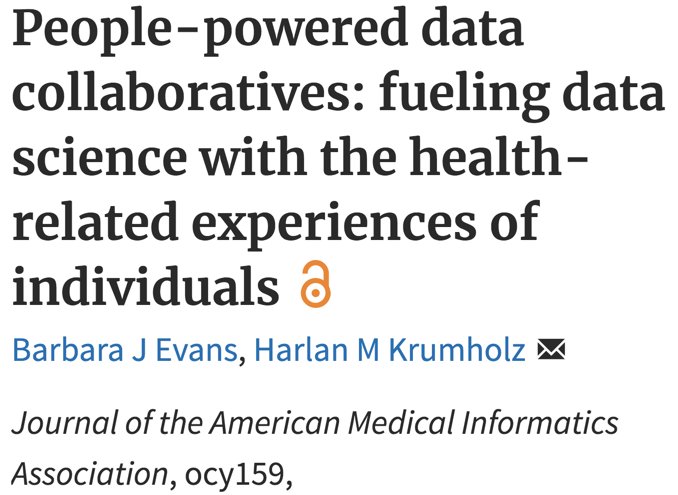For those unfamiliar with MR, my favourite lay-ish summary is Davies, et al (2018) bmj.com/content/362/bm…
1. Other aspects of sleep (sleep quality, chronotype, insomnia, etc)
2. More precise measure of sleep activities (e.g. actigraphy) and cognition
3. Longitudinal outcomes & dementia (we did this but perhaps underpowered)
Here is a relevant news article published in @DailyMailUK today: dailymail.co.uk/news/article-7…
Some may not appreciate it, but I think @vicky_dmail did a great job writing a careful lay summary so if you find it misleading, please read the original paper. It's open access!





